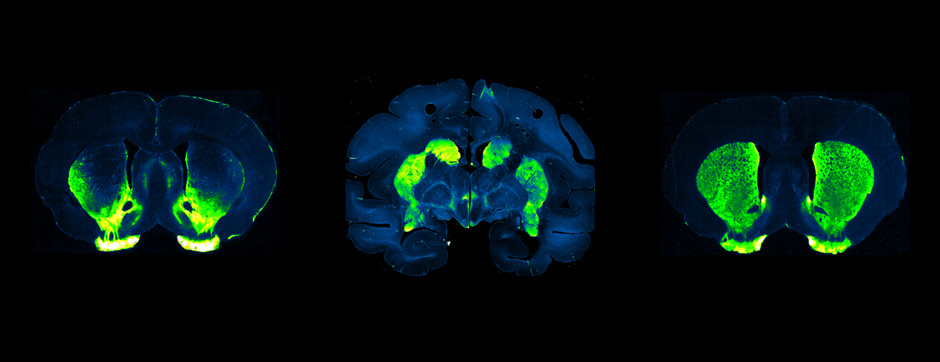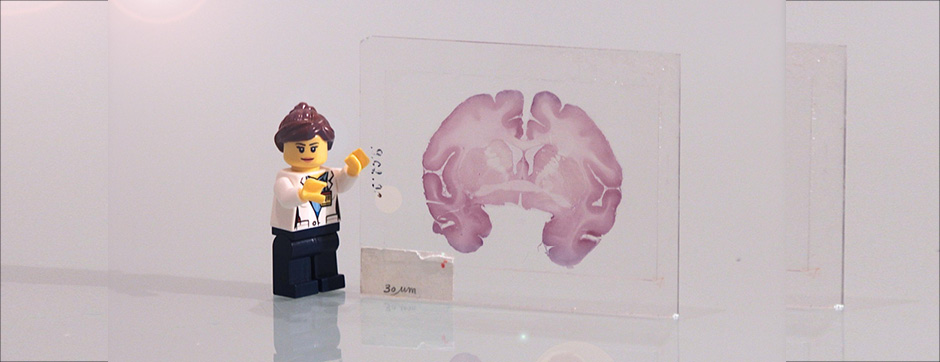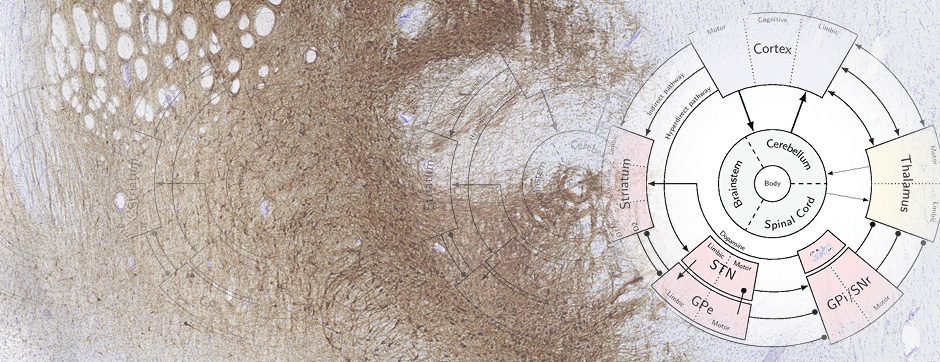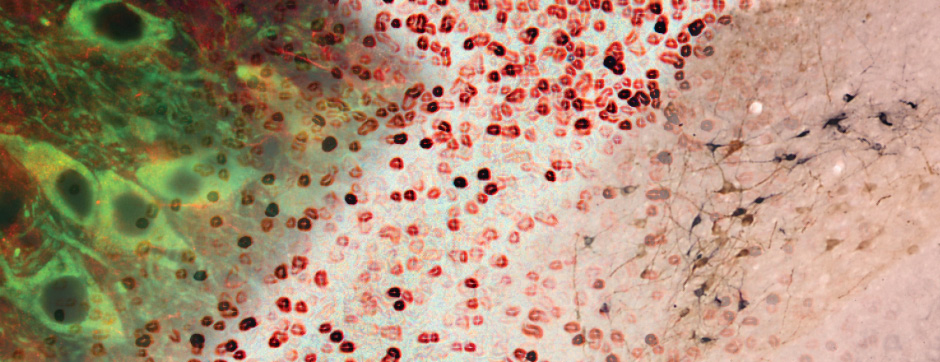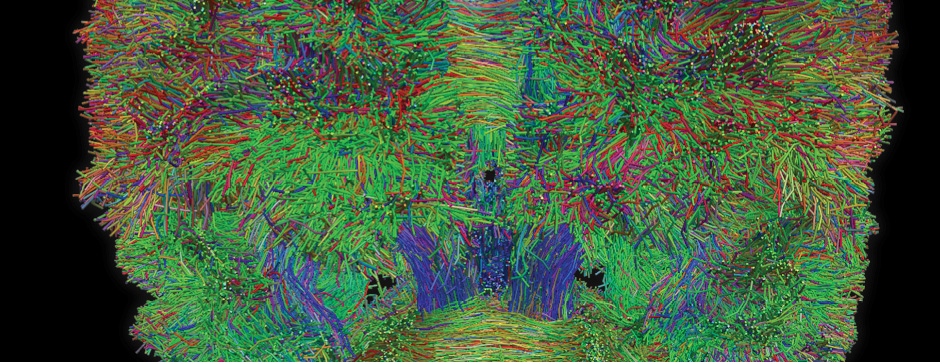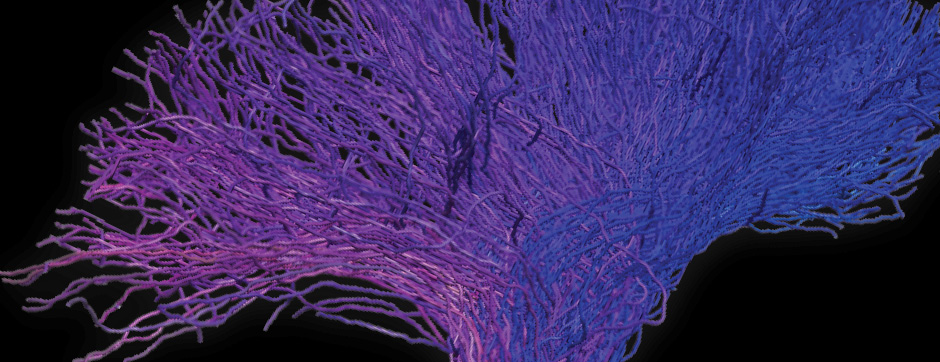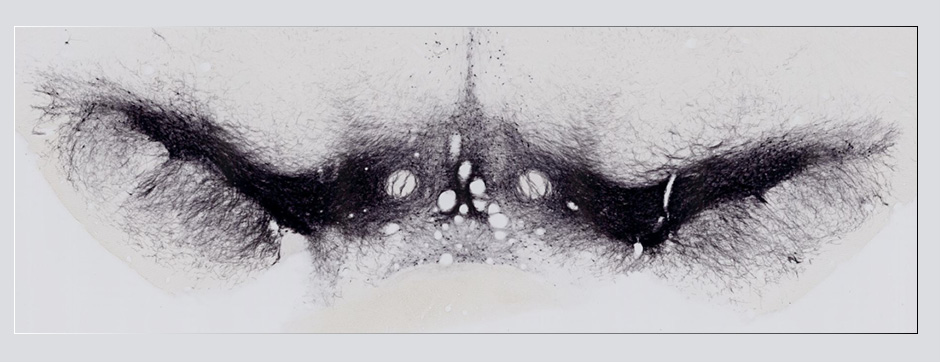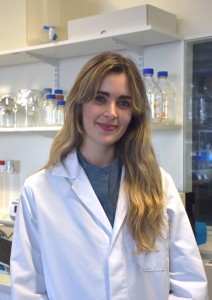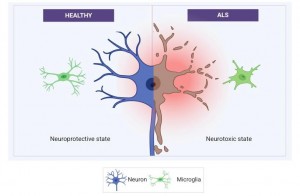Portrait : Sara Carracedo, PhD Student at IMN
To mark the “International Day of Women and Girls in Science”, we’re delighted to bring you daily portraits of women scientists at IMN.
Their backgrounds and professions are diverse, yet they all share a passion for research and science.
Created by Alba Garcia Baos, Jakob Scharnholz, Claire Delattre and Christelle Glangetas.
Sara Carracedo
PhD Student, Neurosciences
University of Bordeaux
Institute of Neurodegenerative Deseases
‘Women are as much a part of Science as anyone else’
Can you say a few words about your research?
Sara: Since my master’s thesis in Bordeaux, I have been studying the impact of inflammation on cell death occurring in Amyotrophic lateral sclerosis (ALS), a neurodegenerative disease. Indeed, inflammatory responses, which can be both beneficial and detrimental, play an important role in the pathology of many neurological disorders, including Alzheimer’s disease or Multiple Sclerosis. Specifically, I am focused on understanding the contribution of two immune cells in ALS: microglia in the central nervous system and macrophages in the peripheral nervous system.
Sara’s Science in picture:

Picture of 3D reconstructed resting microglia cells in the mouse cortex (in collaboration with Ludovica Congiu.
Did you always know that you wanted to be a scientist ?
Sara: No, at least I did not verbalize it as such. After high school, I chose Veterinary Medicine because I wanted to understand the origins of diseases. I went into animal medicine instead of human medicine simply because I prefer animals. Over time, though, I realized my interest was clearly the science behind health, which led me to shift toward research on human diseases.
Can you complete the following sentence: “ To do Science you need to … “
Sara: … be curious as well as creative. You need also to be very resilient and hard-working, as well as patient because science does not usually give straight-forward rewards.
You have a lot of international experience, you already studied/worked in 5 different countries in the last 10 years. Would you recommend this to others ?
Sara: I think it depends on the situation. If you have found a city/university where you feel comfortable, especially if you like the lab environment, since it is the most important, it is not worth it to change countries. In my case, I was not sure which research I wanted to do. Trying labs in different countries with their respective research cultures really opened my mind to how science can be done differently. For instance, the amount of financial resources is very different between countries, influencing how science is conducted.
You started studying veterinary medicine, then you worked in a pharmaceutical startup and now after a master degree in neuroscience you are doing a PhD. How do you feel about changing often and starting again from near zero ?
Sara: I believe that in the long term, it is beneficial since you receive a very broad view of science – from the molecular concepts up to the clinical implementations. However, in the beginning, it may be a disadvantage. Especially considering that your peers often already obtained specific knowledge/lab skills that you do not have (yet). At the same time, this early exposure to new challenges can help you develop adaptability right from the start of your career.
Did you encounter difficulty as a woman to do Sciences? Did you hear that Sciences are not for girls?
Sara: Yes, I encountered difficulties. Not so much as that women are not meant to do science per se. Rather, I experienced issues in being recognized for what I do compared to men. For instance, in some projects that I have been working together with men, they were more often recognized for the work of the team. This lack of recognition is one of the reasons why I engage in increasing the recognition of women in science by creating the initiative of ‘Women’s voices’ in Bordeaux where I specifically interview (young) women in research, highlighting their scientific achievements and proving that yes, women do belong to sciences as much as anybody else.
Can you choose a song/music that you can listen during your work or that can reflect it?
Sara: I like a lot ‘Battle Born’ by The Killers which I listen to both during my experiments but also when I am going for a run after work to forget about the lab. It is a great song and also describes really well the PhD journey: standing up again and again from failures and being resilient which eventually leads to success.


